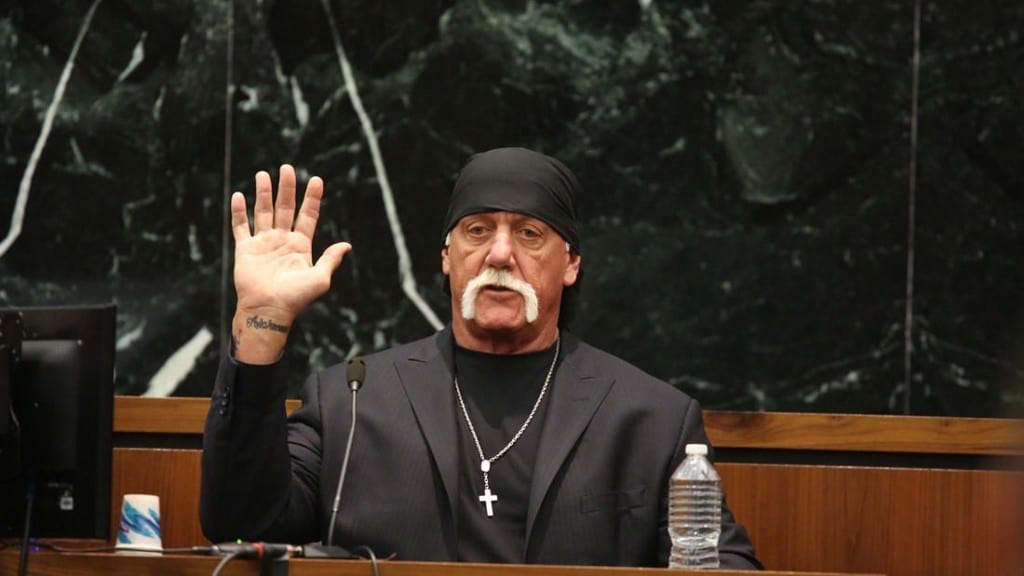‘Nobody Speak’ Draws Disturbing Parallels Between Hulk Hogan and President Trump
Brian Knappenberger’s latest documentary involving the Internet is his most concerning yet also his least satisfying.

Freedom of the press is a hot topic right now, particularly as the White House is forbidding cameras at press briefings yet permitting Fox News exclusive one-on-ones with Sean Spicer. That makes Brian Knappenberger’s Nobody Speak: Trials …
Keep reading with a 7-day free trial
Subscribe to Nonfics to keep reading this post and get 7 days of free access to the full post archives.



